The Shadow of Words by Ana Blandiana, translated from the Romanian by Paul Scott Derrick and Viorica Patea, Bloodaxe Books, 2025
Before entering into Ana Blandiana’s The Shadow of Words, a compilation of the lauded poet’s early work, my first task must be to praise the lengthy introduction by the collection’s translators, Paul Scott Derrick and Viorica Patea, in which they give a superbly lucid account of the intricate shifts in the poet’s sensibility in these beginning years, from 1964 to 1981. The overarching theme, they ascertain, is the various ways that Blandiana stages relations between the joys of intimate life and the political order that threatens them. It is fascinating how these poems elaborate variations on those attitudes.
A poet familiar with the realities of social life. Blandiana was banned from publishing in her native Romania at only seventeen years old, and prohibited from going to university because her father, an orthodox priest, was considered a political prisoner by the communist regime—leaving her labelled as “an enemy of the people.” Later in life, her rebellions against the Ceauşescu dictatorship led to further prohibitions against publication in 1985 and in 1988, with the latter lasting until the revolution of 1989. Such political and literary efforts have since led to her becoming a legendary figure in Romania, often seen as a Joan of Arc or a modern Cassandra—while in her literary oeuvre, she is comparable to writers like Vaclav Havel and Anna Akhmatova, whose work has become symbolic of a collective destiny.

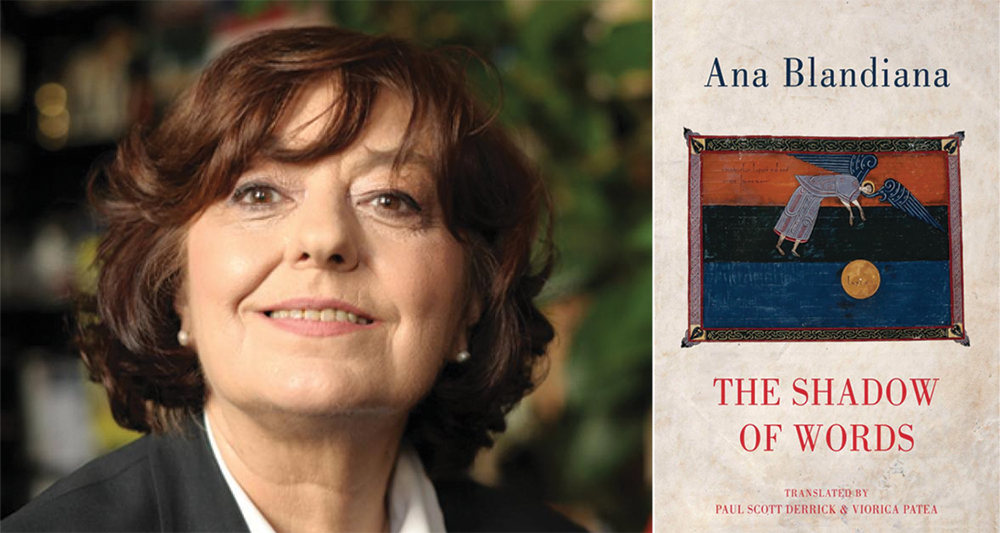
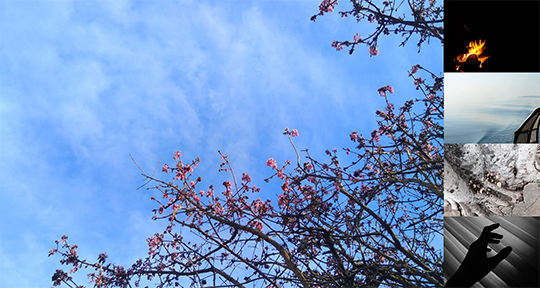
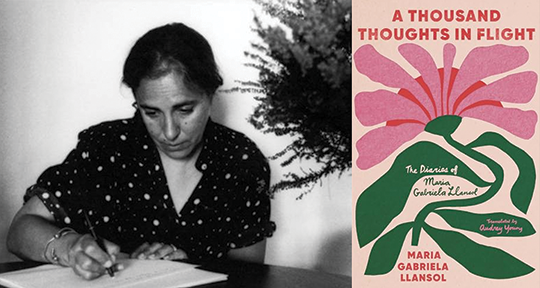


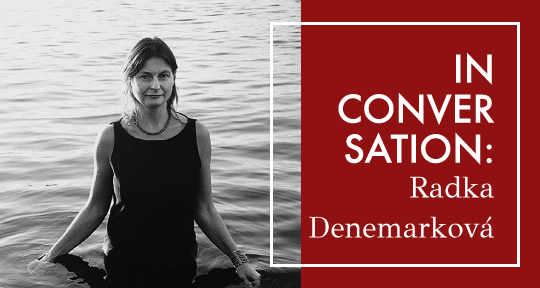
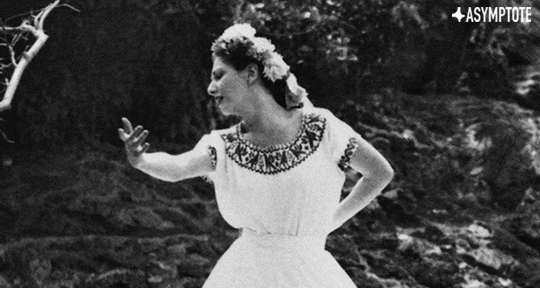
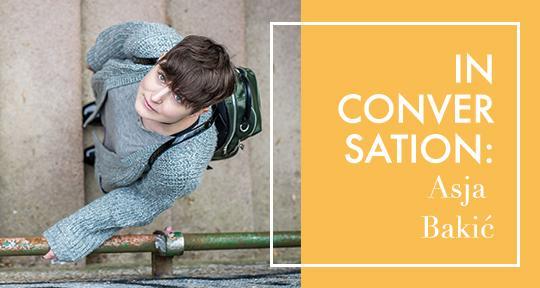
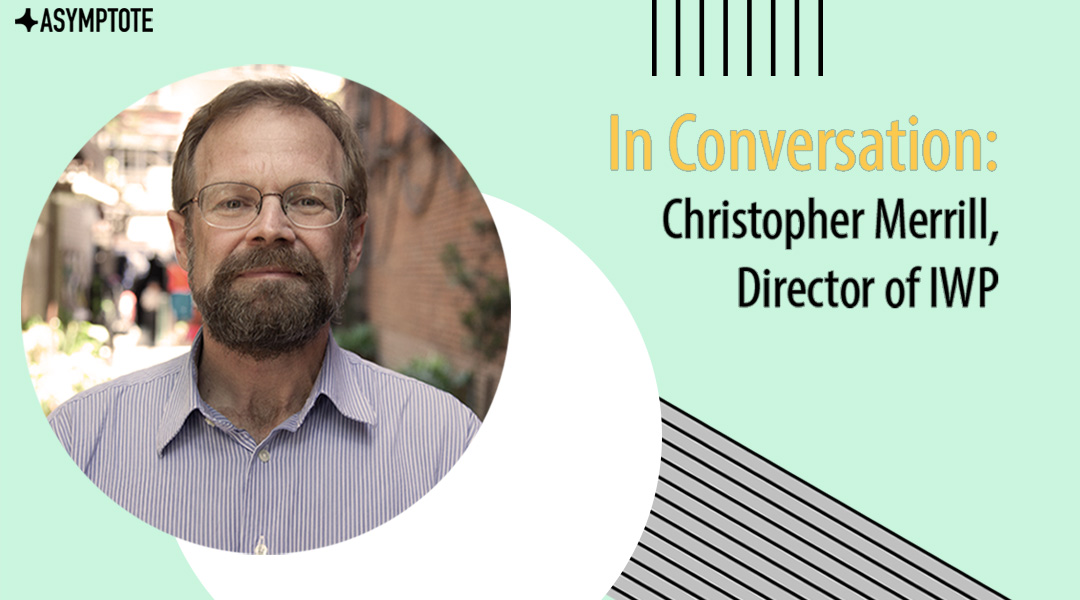

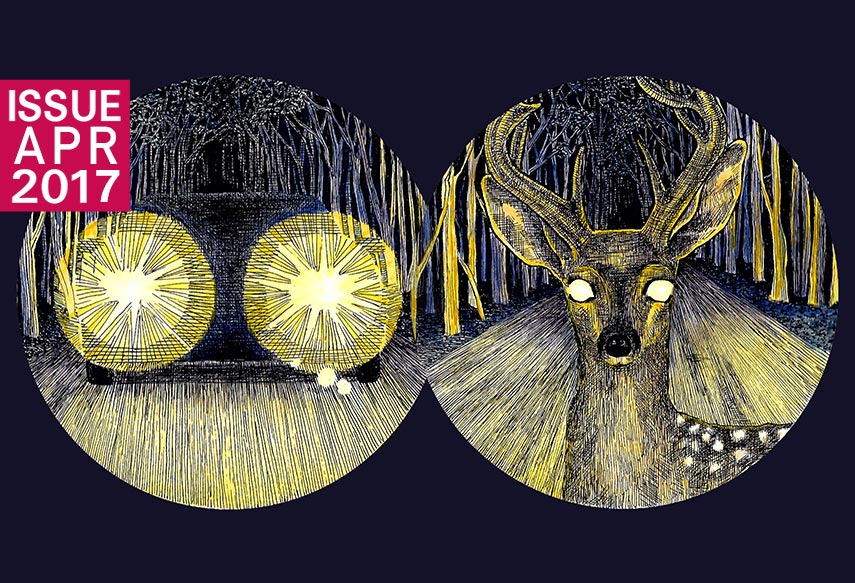
From Silly to Deadly: On Shalash the Iraqi by Shalash
. . .key to the humourist’s arsenal is none other than language itself—its malleability, its capacity for aggrandisement and diminishment alike.
Shalash the Iraqi by Shalash, translated from the Arabic by Luke Leafgren, And Other Stories, 2023
Anonymity fascinates and seduces. Endless speculations have circled invasively around who Elena Ferrante “truly” is; Catherine Lacey’s recent Biography of X reckons with erasing a layered past with a single letter of the alphabet; the first season of Bridgerton, the hit Regency-era romance on Netflix, has its narrative engine propelled by the question of Lady Whistledown’s real identity. These instances from the Global North exemplify the allure of mystery, but they fail to account for the stakes of remaining nameless in a political climate where to unveil oneself might be to threaten one’s own safety.
One might, in a moment of facetiousness, think of the eponymous chronicler of Shalash the Iraqi as the Lady Whistledown of Iraq’s Sadr City (or Thawra City, as it is lovingly christened by Shalash). Both issued frequent dispatches from within the epicentre of social disarray, guaranteeing the pleasure of gossip. More importantly, their pseudonymous veneers facilitated a lurid candour that might not otherwise have been possible.
There the similarities end. The respectable circles of upper-crust London did not live in the penumbra of foreign occupation. Nor were they plagued with the constant risk of spectacular sectarian violence, or hampered by a corrupt government that has “thieves, cheats, swindlers, traders in conspiracies” for politicians. It was against such chaos that Shalash released his explosive, timely blog posts, garnering a rapidly expanding local readership despite patchy Internet access in the country. The academic Kanan Makiya tells us, in his introduction, that people were printing out the posts, “copying them longhand,” “bombarding Shalash with questions and opinions.” Even high-ranking cadres could not resist partaking in the fanfare: one official expressed admiration while entreating Shalash not to mock him, for fear of his children’s potential disappointment. Another claimed that upon reading the daily communiqués, he would fall off his chair laughing.
Laughter, perhaps, can always be counted on to forge an affinity, if not a unity, beyond fractures of sect, status, and ethnic affiliation. Iraqis would “drop everything for a good laugh”; they gather in bars and down glasses of arak to immerse themselves in a “great, communal, and nondenominational drunkenness.” Shalash knows this, and abundantly turns it to his advantage. Nothing and no one is spared from the crosshairs of his ridicule, populated by a variegated cast that encompasses sermonisers, soldiers, suicide bombers, and donkeys. A vice-president’s verbal pomposity sounds like “he just ate a few expensive dictionaries and is about to lose his lunch.” A woman about to be married off to an Australian cousin is told, should her fiancé divorce her, “just tell everyone that he’s a terrorist and you’ll have nothing to worry about.” An odious neighbour, eager to save a spot for himself in paradise, proselytises the necessity of voting in the referendum for Iraq’s new constitution: “Don’t you know the going rate for rewards in heaven for helping ratify the constitution? It’s worth a hundred visits to the shrine of the Eighth Imam, and that’s on the far side of Iran!” When the narrator casually uses Google Earth, he is accused of lecherously spying on the women of his residence, sparking off a widespread hysteria—and court case—about the “violation of the morals of the block.” Each instance of mockery is a shard in a wider mirror of collective trauma.
READ MORE…
Contributor:- Alex Tan
; Language: - Arabic
; Place: - Iraq
; Writers: - Abu al-Qasim
, - Ahmed Saadawi
, - Catherine Lacey
, - Elena Ferrante
, - Emily Dickinson
, - Hassan Blasim
, - Kanan Makiya
, - Maya Abu al-Hayyat
, - Shalash
; Tags: - American occupation
, - anonymity
, - arabic literature
, - blogging
, - humor
, - Iraqi literature
, - social commentary
, - US Invasion of Iraq